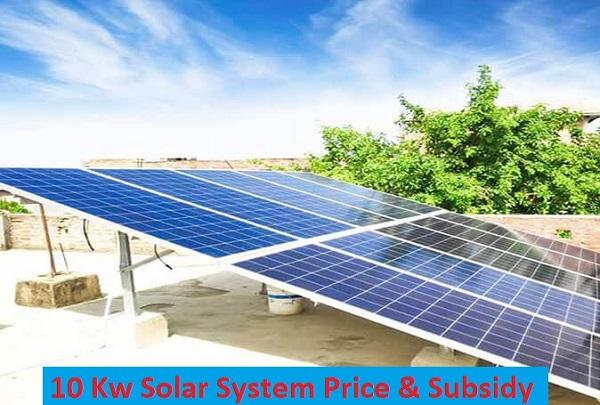
10 किलोवाट सोलर सिस्टम की कीमत और सब्सिडी
10 किलोवाट सोलर सिस्टम – आज पूरे देश में बिजली
Ujjawal Solar India’s Best Solar Company | Contact- +91-8085005100
Ujjawal Solar India’s Best Solar Company
Call – +91-8085005100
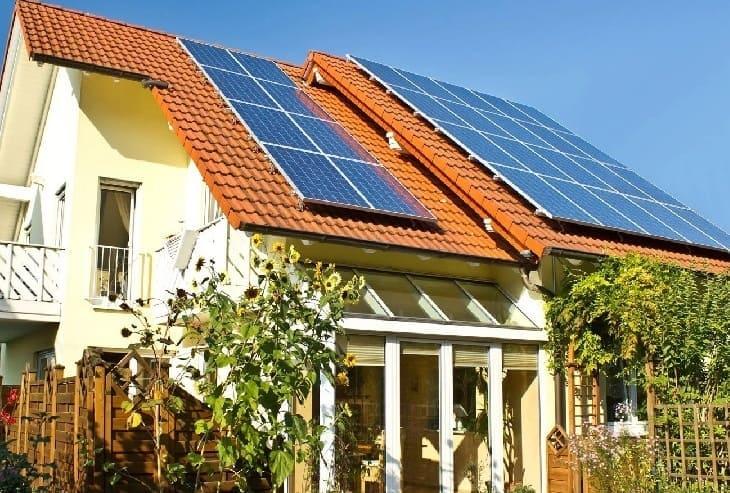
Solar Panels Spring Hill Fl – Solar panels consist of numerous solar cells, typically made from silicon, which absorb sunlight and release electrons, creating an electric current. In the Sunshine State, such as Spring Hill, where abundant sunlight is a constant, solar panels are particularly efficient. As sunlight strikes the solar cells, it excites the electrons within the material, generating a flow of electrical current. This direct current (DC) is then converted into alternating current (AC) by an inverter, making it compatible with household appliances and the electrical grid. The unique advantage of Solar Panels Spring Hill FL lies in their ability to harness the region’s plentiful sunlight, allowing residents to harness clean, sustainable energy and potentially reduce their dependence on traditional utility sources.
The cost for solar panels Spring Hill, Florida, can vary based on several factors, including the size of the solar installation, the type of solar panels chosen, and any additional components like inverters and mounting systems. On average the cost per watt for solar panels in Florida ranges from $2.50 to $3.50. A typical 5kW solar system, which is a common size for residential use, might cost between $12,500 and $17,500 before factoring in any applicable tax incentives, rebates, or financing options. Homeowners in Spring Hill need to consider the long-term savings on electricity bills, potential government incentives, and environmental benefits when evaluating the overall cost-effectiveness of installing solar panels.
| EXISTING ELECTRIC BILL | 10 YEAR COST | 20 YEAR COST | 30 YEAR COST |
|---|---|---|---|
| $50 | $6,600 | $15,000 | $24,000 |
| $100 | $13,000 | $29,000 | $49,000 |
| $150 | $20,000 | $44,000 | $73,000 |
| $200 | $26,000 | $58,000 | $97,000 |
| $250 | $33,000 | $73,000 | $120,000 |
In Spring Hill, Florida, homeowners have a variety of solar panel options to choose from based on their specific needs, budget, and aesthetic preferences. Here are some common types of solar panels Spring Hill area:
In Spring Hill, Florida, homeowners have several types of solar systems to choose from based on their energy needs, budget, and preferences. Here are some common types of solar systems for homes in Spring Hill area:
Embracing solar panels Spring Hill Fl comes with a host of benefits, aligning with both environmental and economic considerations. Here are some key advantages of installing solar panels in Spring Hill:
You can Easily Reduce your electricity Bills By installing Solar Panels for Your Home in Florida. There are two factors by using them you can save your electricity Bills In Florida. how much you spend on electricity now and how much of your electric bill you can offset with solar. Based on the intensity and amount of sunlight hours in Florida, the average electricity customer in Florida will need a 12.8 kilowatt (kW) solar panel system to offset 100% of their annual electricity consumption of 19,368 kWh per year.
The savings from offsetting 100% of an electric bill with solar can add up fast! Assuming a 2.0% annual increase in electricity prices and that you install your system with a $0-down loan, you can expect to save $3,000 in your first year, $15,500 over five years, $32,700 over 10 years, and $72,500 over 20 years on electric bills in Florida. Over your system’s lifetime, you’ll save more by financing your solar system with a cash purchase, but you won’t start saving in year one. Learn more about how to finance your solar panel system.
Conclusion – The environmental advantages of solar panels, such as a diminished carbon footprint and reduced dependence on traditional energy sources, align with global efforts to combat climate change. Furthermore, the reliability of solar power, especially when integrated with battery storage, ensures energy security during outages, offering peace of mind to homeowners in an ever-changing energy landscape.
Frequently Asked Questions (FAQ) for Solar Panels in Spring Hill, Florida:
1. How much sunlight does Spring Hill receive, and is it suitable for solar panels?
2. What are the financial incentives available for installing solar panels in Spring Hill?
3. How do solar panels work in cloudy or rainy weather?
4. How long do solar panels last, and what is their warranty?
5. Can I install solar panels if my roof has shading or is not facing south?
6. What size solar panel system do I need for my home in Spring Hill?
7. How much will a solar panel installation cost in Spring Hill?
8. Can I sell excess electricity back to the grid in Spring Hill?
9. How do I maintain my solar panels, and what is the maintenance cost?
10. Are there community programs or initiatives supporting solar adoption in Spring Hill? – Some communities may have solar co-ops or local initiatives promoting solar adoption. Checking with local environmental organizations or community groups can provide information on such programs.
11. Can I finance my solar panel installation in Spring Hill? – Yes, many financing options, including solar loans and leasing programs, are available to help homeowners make solar installations more accessible. Discussing financing options with solar providers is recommended.

10 किलोवाट सोलर सिस्टम – आज पूरे देश में बिजली
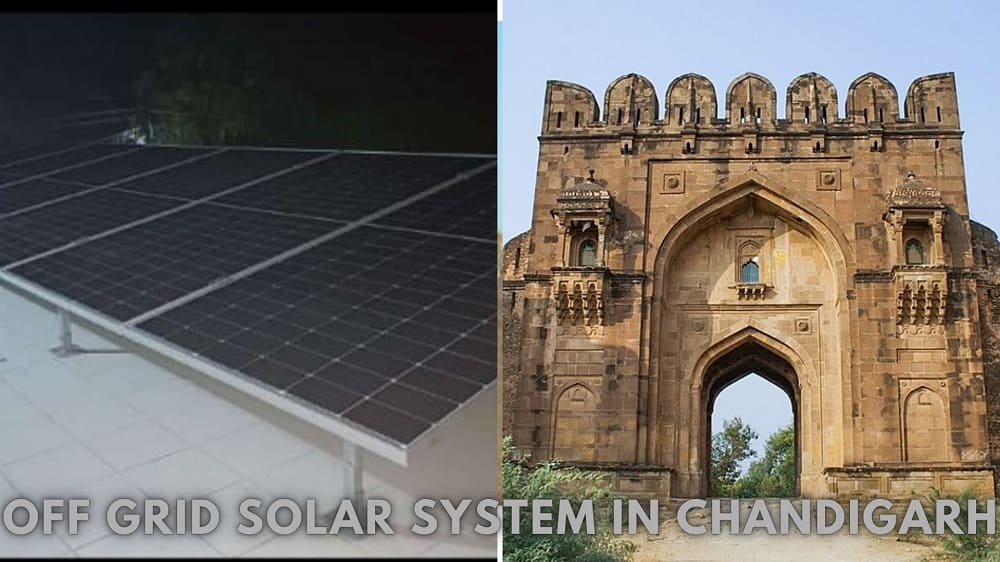
Off Grid Solar System in Chandigarh- Chandigarh is a union
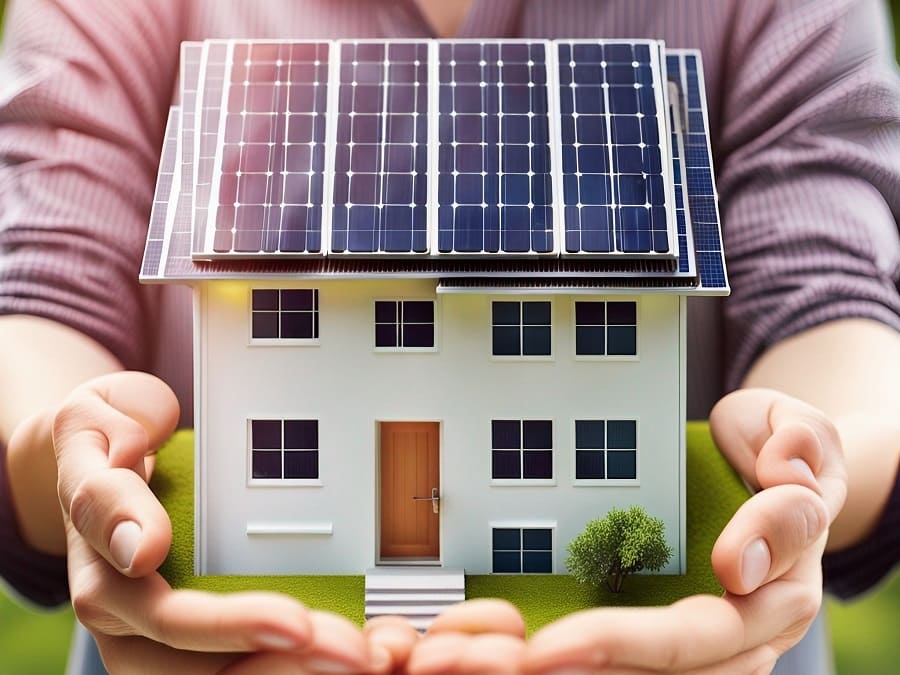
Solar Panel For Home In Rajkot – Solar energy in
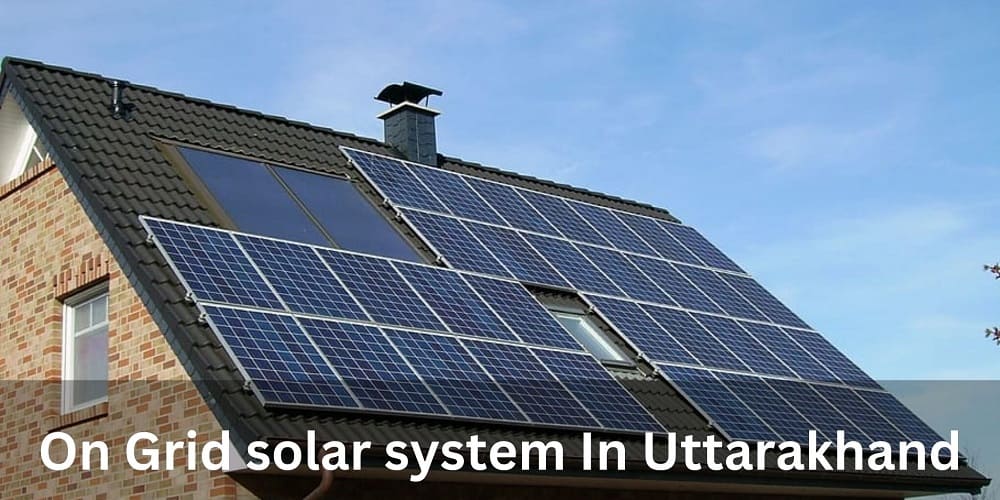
On Grid Solar System Uttarakhand – Grid-connected solar photovoltaic (PV)
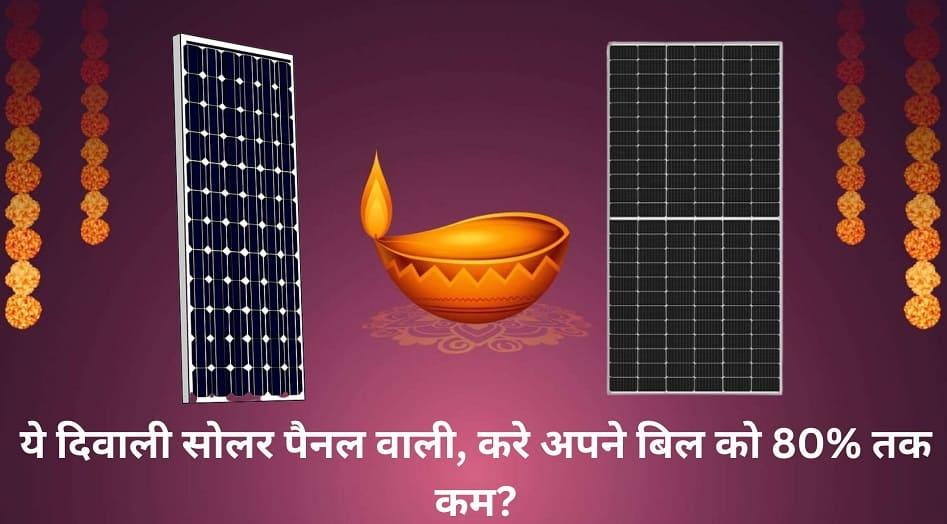
Solar Panel Installation at Diwali – इस दिवाली के मौके
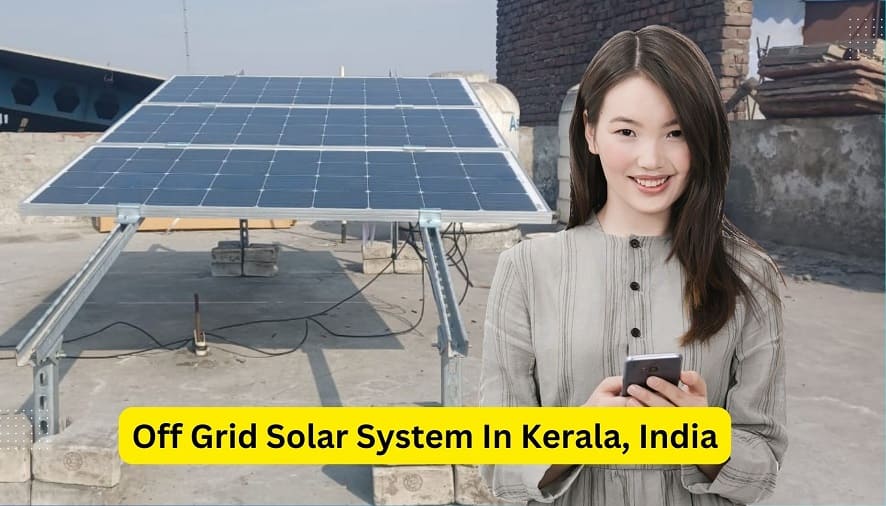
Off Grid Solar System in Kerala- In today’s time, the
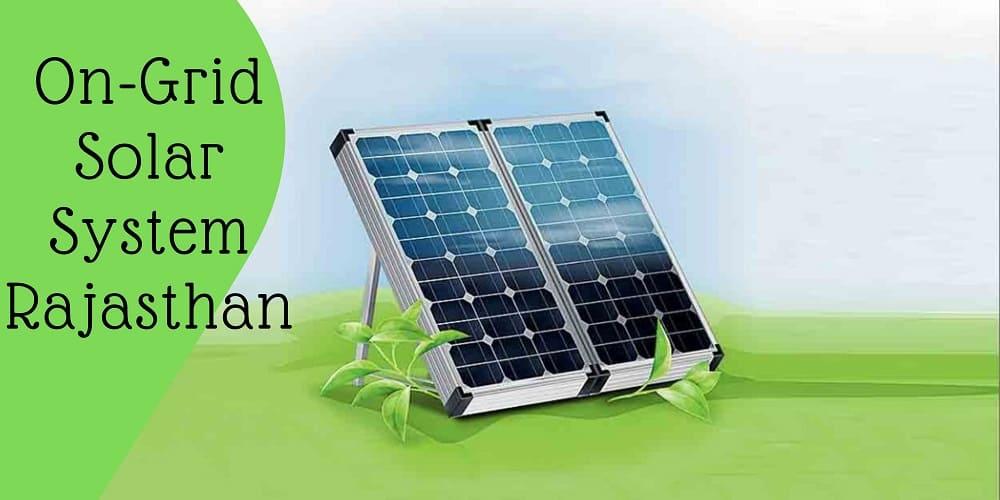
On Grid Solar System In Rajasthan – Rajasthan is one
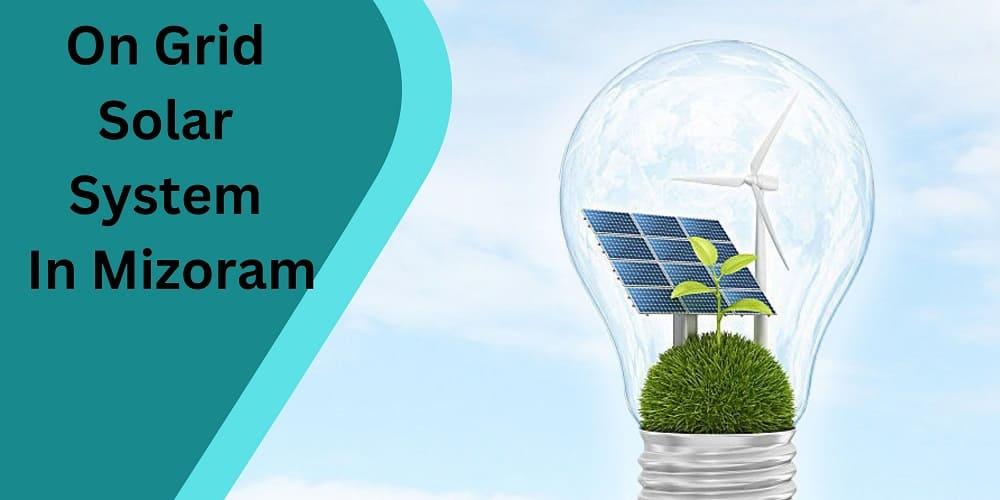
On Grid Solar System In Mizoram – Mizoram is an
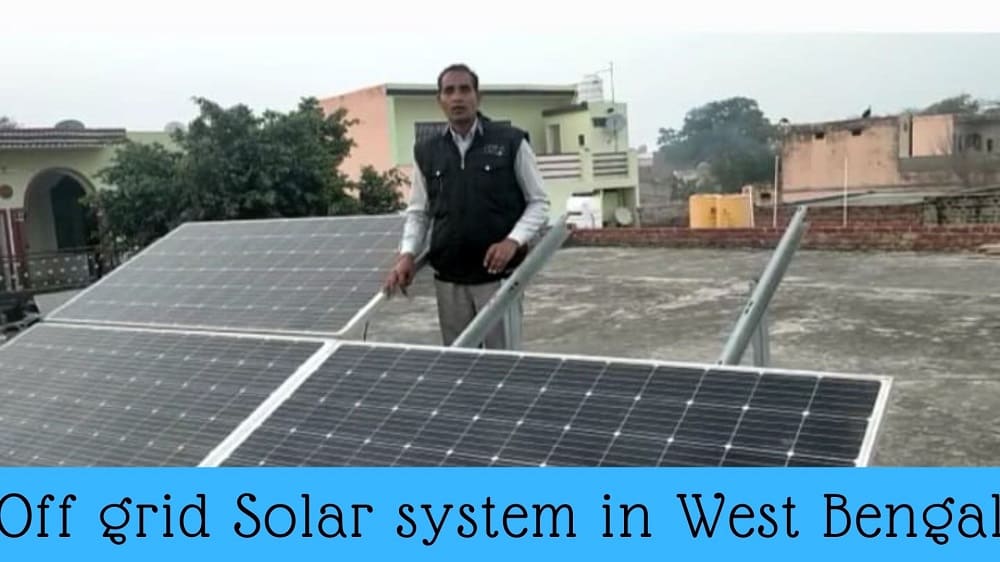
Off Grid Solar System in West Bengal- In today’s time,
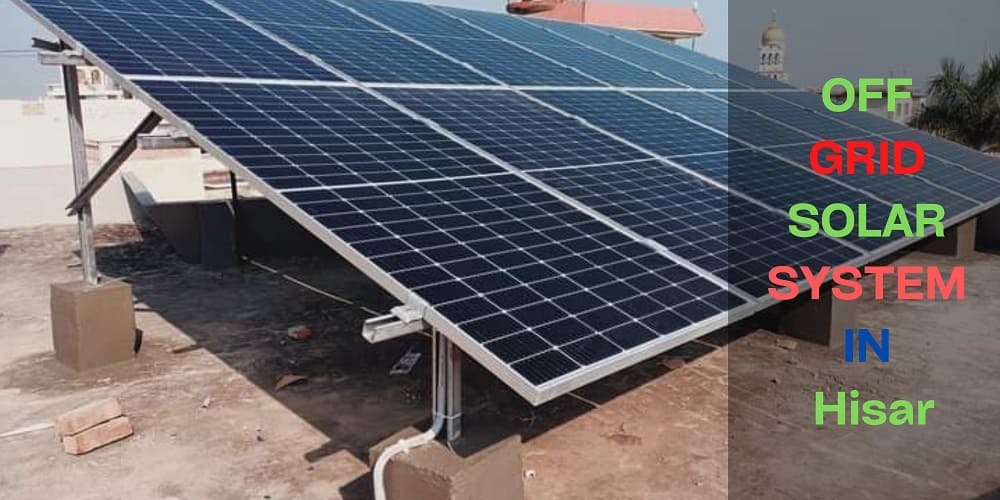
Off Grid Solar System in Hisar- In today’s time, the
Ujjawal Solar is a Solar Energy Company led and initiated by the students of the YMCA. We are India’s largest Mono PERC Solar modules manufacturer at PAN India Level. We Manufacture completely Eco-Friendly Modules that give no harm to the environment. We want to make India aware of the power of the Sun by reducing up to 90% of their home’s electricity bills.